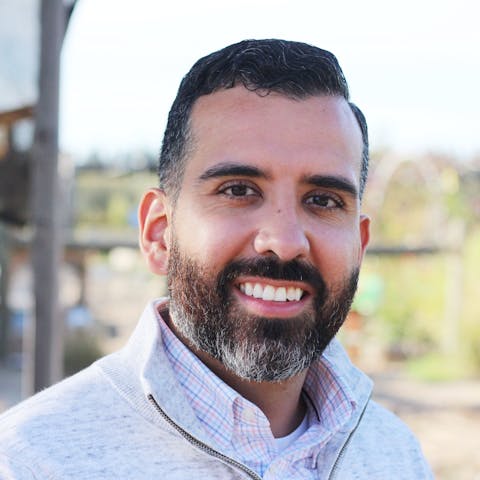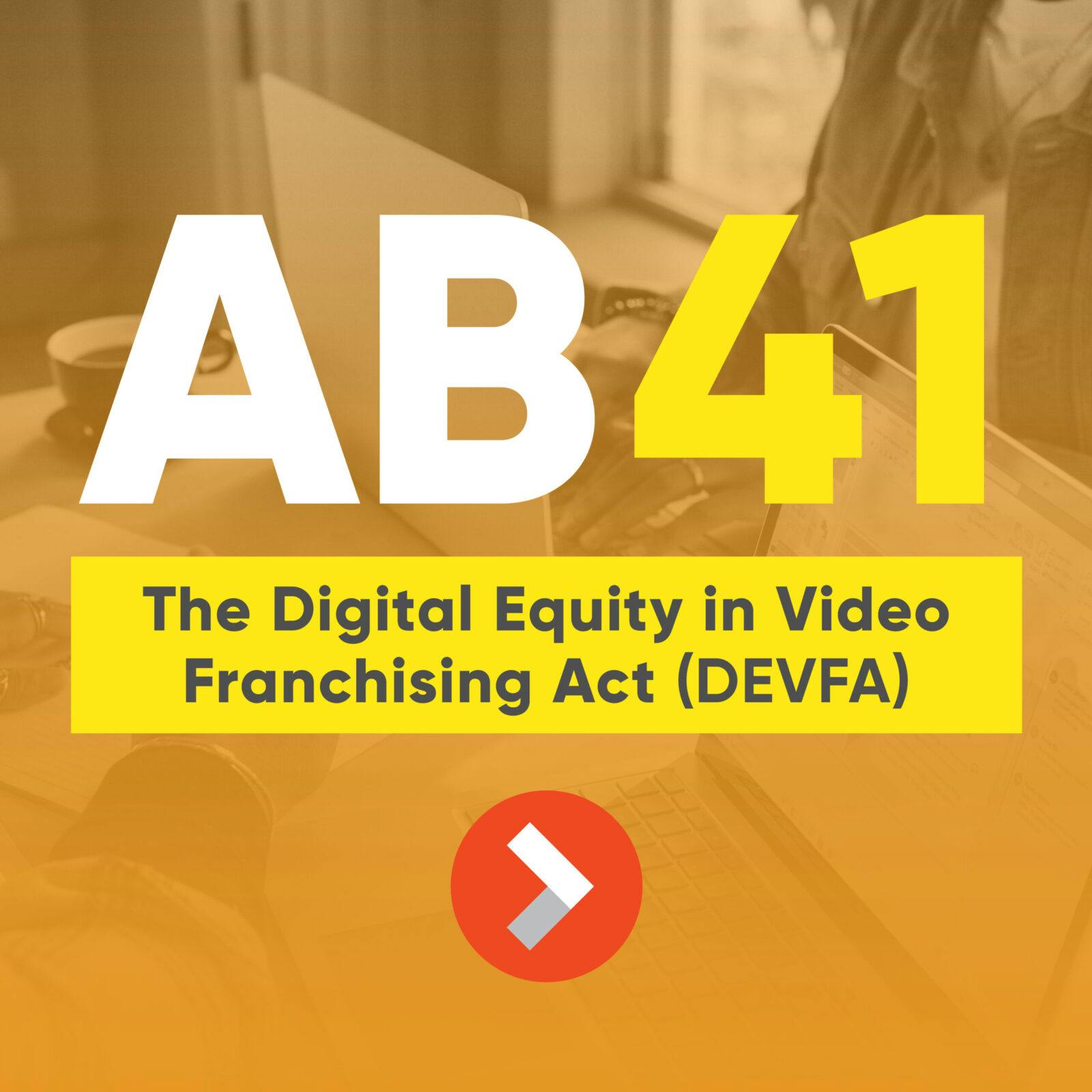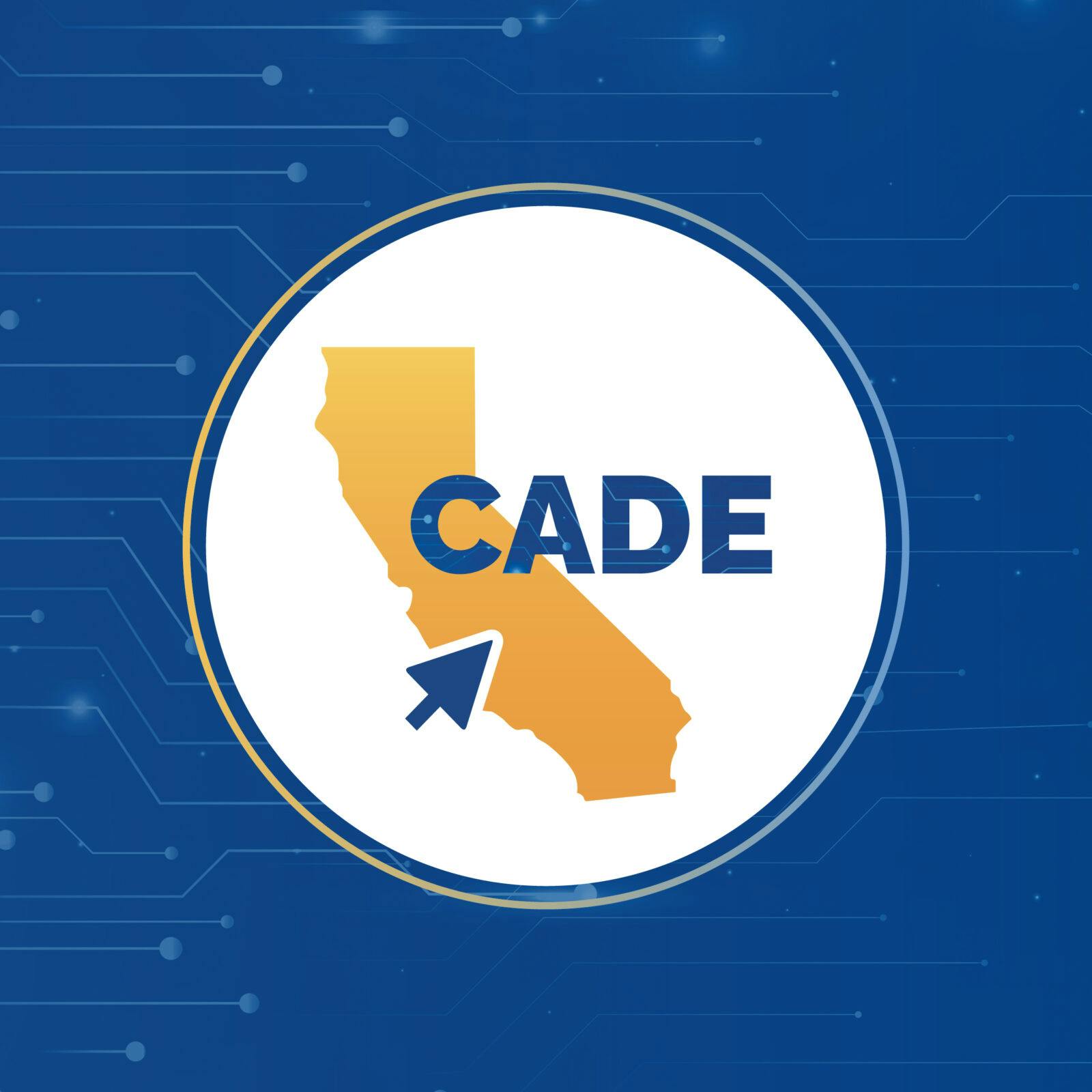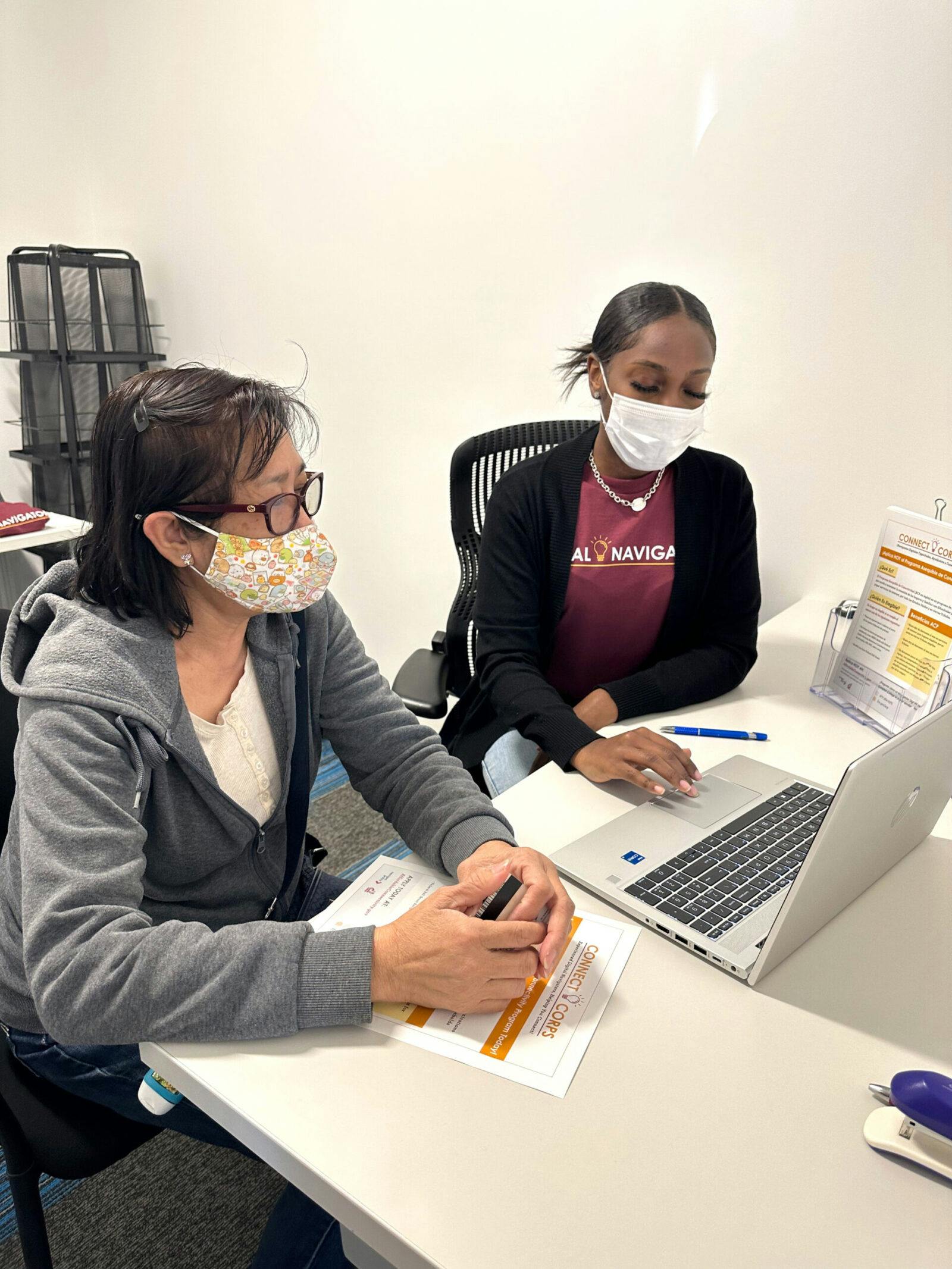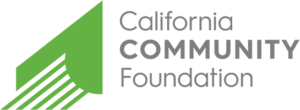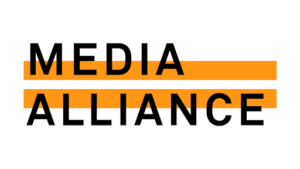
Digital Equity
Advocating for policies, programs, and additional resources to close the digital divide by tackling barriers to broadband access, reliability, and affordability while fostering digital equity and digital literacy.
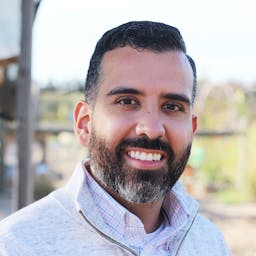

A’Mari Truby-McKay
Policy Intern & Program Coordinator“Access to fast, reliable, and affordable broadband is critical for participating in today’s economy and society – from civic and cultural engagement, to employment and educational opportunities, to accessing vital community services such as healthcare and workforce training programs. If we want to unlock the immense economic potential of California’s historically marginalized communities, cement our state’s standing as an economic powerhouse in the 21st century, and create opportunities of economic prosperity for all, closing the digital divide and achieving digital equity is a must.”
Our Current Digital Equity Work
AB 41- Digital Equity in Video Franchising Act of 2023 (Holden)
We strongly oppose AB 41, which as amended undermines California’s current video and broadband service franchising process. The bill’s new amendments create a series of insurmountable policy changes that will make it more difficult for communities, localities, and the state to close the digital divide and address the issues of digital equity and access.
California Alliance for Digital Equity (CADE)
Access to and facility with the internet is a requirement to engage in today’s world. Work activities, school classes, job applications, and medical appointments all demand reliable high-speed internet. Every Californian deserves access to fast, reliable, and affordable internet; and to have the opportunity to learn how to effectively navigate the digital world. We believe a fast connection without bandwidth or data limitations, coupled with technical support, is a civil right—not a luxury.
Connect Corps Digital Navigators
In partnership with Compton College, NextGen Policy established a digital equity pilot program dubbed Connect Corps. Our Connect Corps program is centered around ensuring Angelenos have access to affordable internet service options; the devices necessary for digital access; and the digital literacy skills for full economic, societal, and civic participation in today’s digital world.
Big Wins for Digital Equity
AB 41 DIVCA Reform (Holden) 2023 - Veto
Although we initially supported AB 41 for much of the 2023 legislative session, the bill received hostile amendments late in the year that effectively gutted it. We worked tirelessly to ensure that AB 41 (and AB 2748 and SB 28 before it) made long overdue and much-needed reforms to the Digital Infrastructure and Video Competition Act (DIVCA) – a 2006 law that eliminated all local input and control over cable franchises. The final iteration of AB 41 however, would have moved the state further from digital equity, and would have made California franchise policy worse for communities, worse for localities, and harder for the state to address the digital divide. Working alongside other digital equity coalition partners, we successfully secured a veto of AB 41 by Governor Gavin Newsom.
AB 286 Broadband Infrastructure Mapping (Wood) 2023 - Signed into Law
The current inventory of publicly available broadband maps fail to fully and accurately illustrate our state’s geographic digital divide. The inaccuracy of these maps prevents millions of Californians in communities throughout our state from receiving high quality, affordable broadband service. Whether tribal areas in rural California or ‘digital doughnuts’ in low-income neighborhoods of urban California, we know Californians are not fully represented in our current broadband maps. Signed by the Governor last year, it will improve the state’s broadband mapping efforts and will ensure that households have the ability to share address level data directly with the CA Public Utilities Commission (CPUC) on internet speeds, costs, and more; providing the detail to produce better publicly available maps.
Budget Wins in 2022
$650 Million
In one-time funding to address barriers to learning; provide grants to faculty to develop online, accelerated learning modules; and create professional development opportunities for faculty and student services professionals. This funding will help close the digital divide and is dubbed "Connect CA Kids".
$550 Million
For additional Broadband Last and Middle-Mile infrastructure
$250 Million
To meet additional needs associated with the revised scope of the statewide Middle Mile program
Our Digital Equity Partnerships
NextGen is a founding partner of the California Alliance for Digital Equity Coalition (CADE), which has collectively helped to mobilize 40+ organizations across the state to support policy and budgetary actions to close the digital divide, including the passage of key digital equity legislation that will help the state achieve our broadband equity and affordability goals.
Stay Updated!
Stay up-to-date with our work on Digital Equity.
